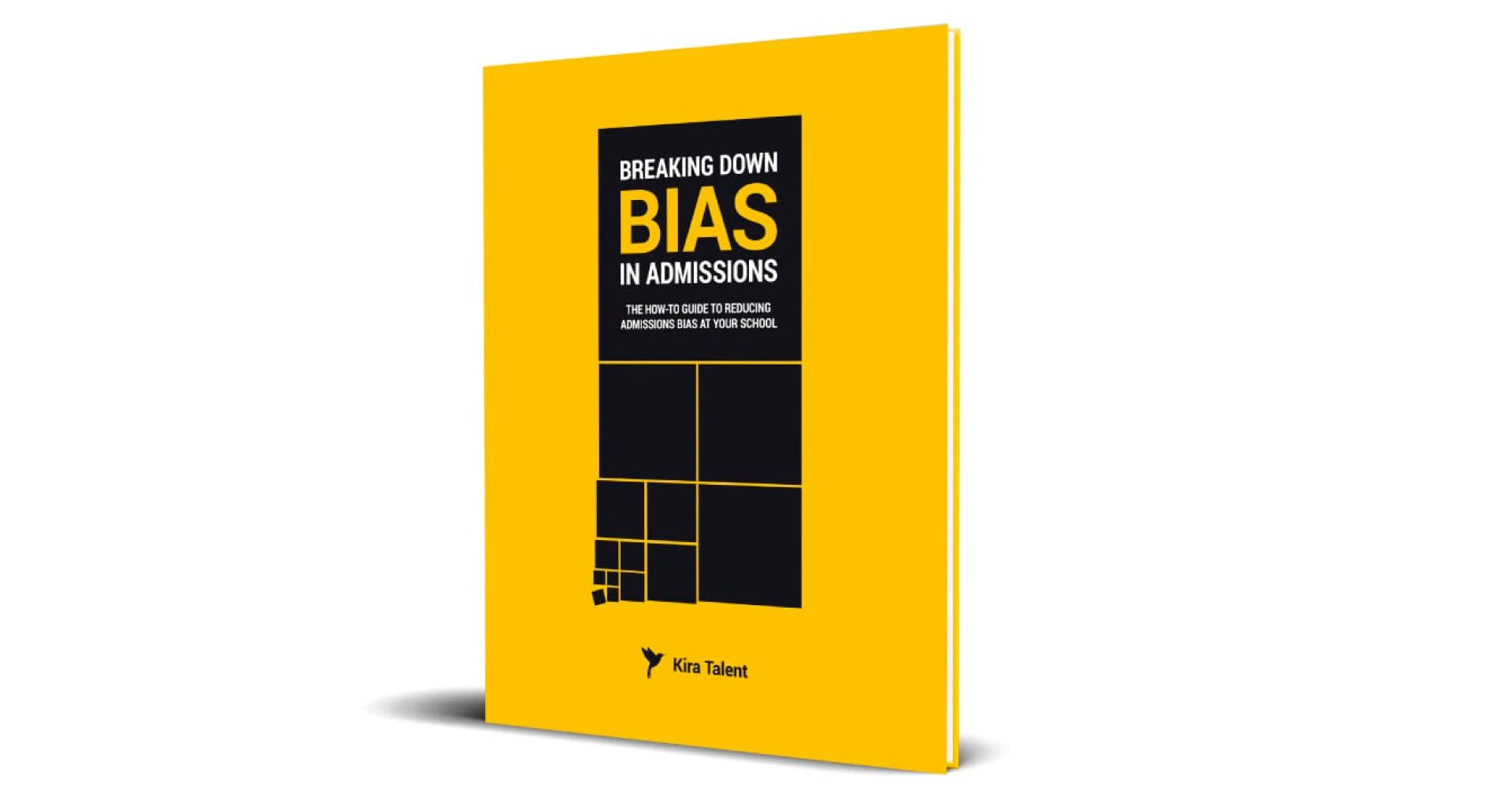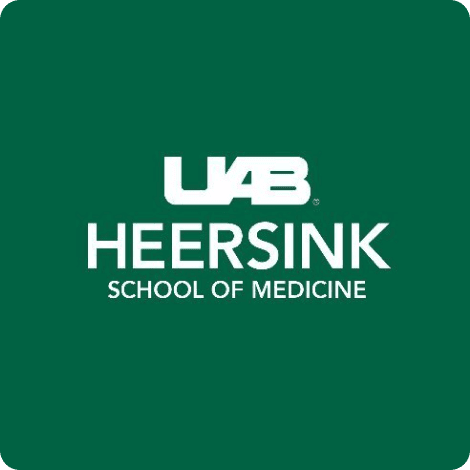As the first medical school in the state, the University of Texas Medical Branch at Galveston (UTMB) John Sealy School of Medicine (JSSOM) has been a leader in the field of medical education for more than 130 years. Today, that rich history is only one part of the school’s strong national reputation. With research and clinical facilities across four campuses and seven hospitals, an impressive alumni network, and a dedicated community engagement program working with underserved and uninsured populations, there’s a lot to attract prospective students to UTMB.
“We’re very intentional about nurturing a collaborative and community-oriented campus environment,” shared Dr. Pierre W. Banks, Assistant Dean of Admissions & Recruitment at the John Sealy School of Medicine. “When we’re assessing prospective students, we want to ensure that, in addition to having the academic aptitude to complete the curriculum, they’re also a good fit for our culture.”
With more than 5,000 applicants per year, assessing prospective students for those key skills and traits is no small task. Following a holistic review of the initial and supplemental applications, grades, and MCAT scores, UTMB School of Medicine invites up to 1100 applicants to participate in a virtual Multiple Mini Interview (MMI).
“In 2022, we faced a significant number of issues delivering our MMI on Zoom so we started to look for another online platform that could help us improve the process,” shared Dr. Banks. “Then we heard from UAB’s Heersink School of Medicine how they were seeing such success with Kira Talent and we decided to take a look for ourselves.”
Getting interview results to the admissions committee faster
“The streamlined process in Kira’s Live Interview platform has shaved off a tremendous amount of time from our MMI setup and delivery,” shared Lisa Pearce, the Program Manager of Admissions & Recruitment at UTMB John Sealy School of Medicine. “With Kira’s Admin Dashboard, I can easily monitor our applicants and interviewers from start to finish, checking their status updates to ensure that they’re online and ready to go. If a reviewer is missing, I can quickly share the link and have someone else jump in and fill that spot.”
“Each interview day before Kira, we would end up with several cases where we had to reschedule interviews,” added Dr. Banks. “In contrast, with Kira, we rarely need to schedule a retake and if then, it was because an applicant had gotten time zones confused or we had an interviewer who was stuck in a clinic. It was never a platform issue.”
“Reducing the number of makeup interviews has alone saved us more than 20 hours of work per cycle.”
“The ability to set a timeframe within Kira for interviewers to finish inputting their scores and notes has also helped expedite the reviewing process,” added Dr. Banks. “At the end of their MMI circuit, interviewers have one hour of bonus time to submit their notes and scores in Kira.”
“By the morning after the interview, we were already able to pass results on to the committee for review.”
“We had all of our reviews completed much earlier this year, which allowed us to get pre-match offers and early offers out to applicants faster,” continued Pearce. “With our old process, we were often waiting two to three weeks to get results to the committee. To avoid the confusion of having multiple windows open on one screen, interviewers were writing their notes on paper and then needed to find the time in the following weeks to transcribe and submit scores on the online rubrics.”
Purpose-built for bespoke interviews
“In addition to saving us time, Kira has also made our lives in admissions a lot easier,” Pearce shared. “Kira has so many unique features that solve all those little problems you run into every day during interview season.”
“Kira’s single sign-on has been especially helpful for faculty who may not have a lot of experience with technology,” added Dr. Banks.
“A challenge with our old process was that interviewers needed several different windows open on their screen throughout the interview,” Pearce explained. “If they accidentally clicked out of one window, it was a logistical nightmare to get back in again.”
“With Kira, you don't have to remember multiple passwords, log into multiple platforms, or juggle multiple links or windows for the video, scoring, and notes. There’s one place for everything” Dr. Banks continued.
“Even the small features, such as being able to broadcast a message to all interviewers or applicants or quickly copy and share individual access links, have made managing MMIs for over 1,000 applicants virtually effortless,” Pearce added.
Making it happen on a tight timeline
“We had been finding workarounds for the challenges with our old process for some time, but it finally came to the point where we realized that it just wasn't going to work for us going forward,” Pearce shared. “Unfortunately, that breaking point came only two weeks before our interviews were due to start.”
“We had already been in touch with Kira, so I reached out and asked if we could make this transition happen on a two-week timeline,” Dr. Banks added. “The Kira team immediately jumped in to help.”
“It was a crazy crunch time, but the communication from the Kira team was amazing and they worked with us to make the whole transition manageable,” Pearce continued. “We gave them a rundown of what our MMI looks like and what questions we use and they took care of the rest. The platform is also incredibly intuitive, so after a quick walkthrough I was able to go in on my own and tweak what Kira had built for us to match how we were already conducting our interviews.”
“We were able to transition our entire MMI process into Kira within a two-week timeline.”
Easily iterating to continuously improve your interviews
“Looking back, it was a very easy transition,” Pearce shared. “Even undoing all the training that we had done with interviewers on our old platform and then retraining them with Kira ended up being quick work. The Kira platform is very user-friendly, so faculty were able to transition quickly into the new process.”
“It’s also very flexible, so we were able to fit Kira to our existing MMI structure rather than the other way around,” she continued. “Even after everything was built, we could go in and make whatever changes we wanted.”
Impressing applicants with the premier platform
“Applicants often tell us that their experience interviewing with UTMB was the best across their entire medical school application process,” shared Dr. Banks.
“I've spoken with applicants after interview day who also participated in an MMI for another school hosted on Zoom and other platforms, and they all commend us for using Kira,” continued Pearce. “They all feel that Kira offers a much easier, and more seamless experience.”
“Kira is known amongst the applicants as a premier platform. That’s a reputation that we want to be associated with and that we want to continue to build.”
“We were excited to be the first medical school in Texas to deliver our MMIs on Kira, and it seems like we’ve started a trend,” shared Dr. Banks. “It feels like every time I talk to a peer school now, they tell me that they’re looking into Kira. I can honestly tell them that both our faculty and applicants would do nothing but recommend it.”






